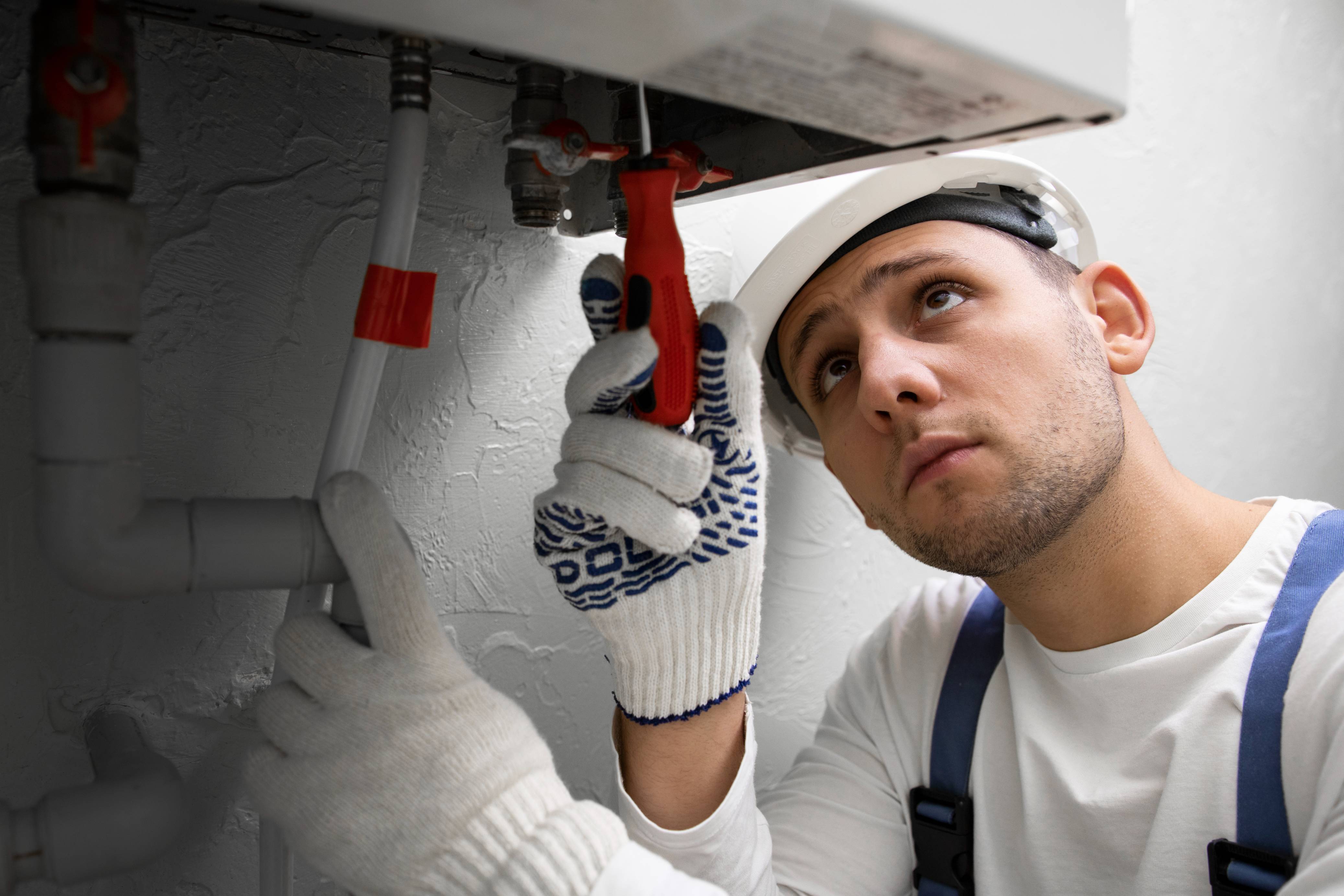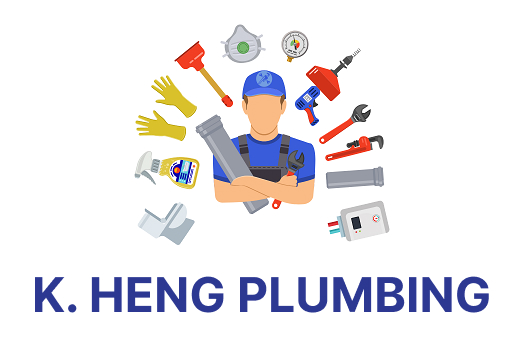 22 Feb 2024
22 Feb 2024
Starting your day with a refreshing hot shower is ideal, but imagine the disappointment when the water fails to heat up suddenly. Cold water begins flowing, dampening your mood. Water heaters, being electrical devices, may encounter occasional malfunctions. However, they also offer the luxury of warm water, hence the importance of proper maintenance.
Therefore, we present the pros and cons of water heaters. This information will assist you in making informed decisions about the care and use of these devices.
Benefits of Putting in a Water Heater
There are many potential advantages of installing a water heater in your home:
- Energy Efficiency
To assess the energy efficiency of water heaters, the most effective method is to compare their Energy Factor (EF). This metric allows you to gauge how efficiently a water heater heats water based on the required fuel or electricity. Once you have the EF values, comparing the efficiency of each water heater model becomes a straightforward task.
In terms of efficiency, electric water heaters outperform their gas counterparts. Electric water heaters can achieve EF values exceeding 0.9, whereas traditional gas water heaters typically have EF ratings ranging from 0.5 to 0.7. The primary source of energy loss in gas water heaters occurs during the venting process, a factor not applicable to electric water heaters.
- Excellent Safety
Water heaters are widely regarded as a secure means of heating water. However, it’s noted that water heaters powered by natural gas or propane may pose a risk of gas leaks. Regular maintenance and inspections of your gas water heater can help mitigate these potential risks.
While water heaters generally offer a safe heating method, it’s worth noting that gas leaks are more common compared to other electrical safety issues, even though electrical appliances can also present safety risks.
- Availability
Given that nearly every home is connected to the electrical grid, individuals typically have consistent access to electricity unless there are blackouts. This accessibility makes water heaters suitable for all types of homes. However, before installation, it’s essential to confirm that your home is equipped with a natural gas line or a reliable propane supply. If your home lacks these, the installation of a water heater may incur additional costs for necessary modifications.
- Versatility
When it comes to selecting the water heater for your home, there are many options available. Selecting the water heater that aligns with their specific needs and preferences can be challenging. The market offers a diverse range of water heaters, including heat pumps, storage tanks, and tankless water heaters. Tankless water heaters heat water on demand, offering hot water as needed, resulting in lower energy consumption compared to other types of heaters.
Drawbacks of Installing a Water Heater
- Higher Initial Costs
The initial cost of installing water heaters is very high, especially for high-efficiency and tankless models. When it comes to considering the water heater installation and purchasing cost, these systems are much more expensive than traditional storage tank types. On the other hand, sustained energy savings could offset the initial cost.
- Heating Time and Recovery Rates
Does the warming up of the shower water take a long time for you? Compared to gas water heaters, this process will take a lot longer with electric water heaters. This is because burning petrol produces heat more quickly than electric heating—sometimes even twice as quickly. The amount of water that gas water heaters can heat to a specific temperature in a predetermined amount of time is known as their recovery rate, and it is higher.
- Power Outages
Electric water heaters are unable to give you hot water when a storm or other event causes a power outage. However, gas water heaters continue to operate and supply hot water even in the event of a power outage.
Make sure your gas water heater doesn’t require power to function if this is going to be the main factor influencing your choice. Some newer gas water heaters utilize an electric ignition instead of a pilot light, even if electricity is not the primary fuel source.
- Maintenance Requirements
While regular maintenance can extend the lifespan of a water heater, it does require time and effort. Neglecting maintenance tasks can lead to issues such as silt accumulation, reduced performance, and the potential for system breakdowns.
Conclusion
These are the benefits and drawbacks of having water heaters installed in your house. You are now able to make an informed choice regarding water heaters. It’s critical to take your budget, long-term objectives, and unique needs into account. For those who prioritise energy economy and instantaneous hot water, a tankless water heater could be a good option. But if you don’t have much cash up front and you have room, a conventional storage-tank water heater can work for you.
Should you require professional assistance, you can reach out to the K. Heng Plumbing team. Our highly experienced and professional team will guide you and provide accurate information about water heaters that best suit your needs.
